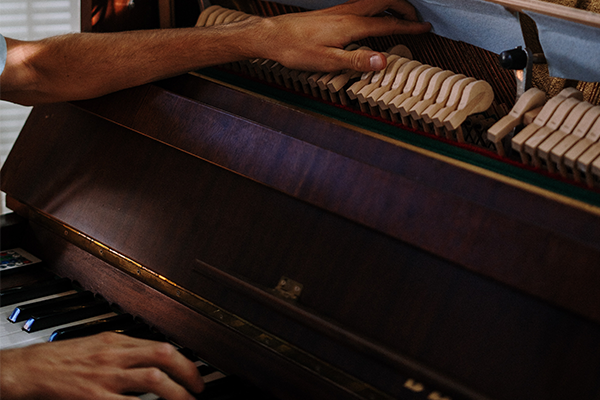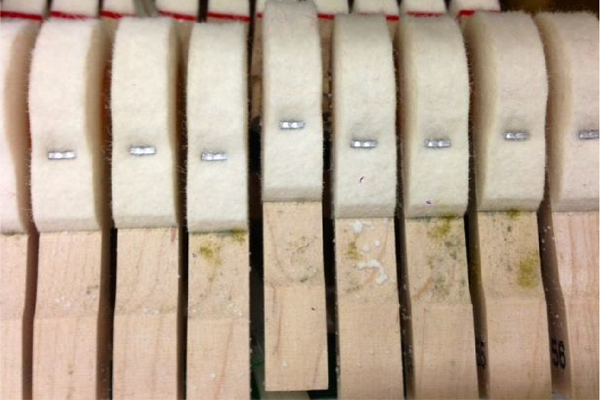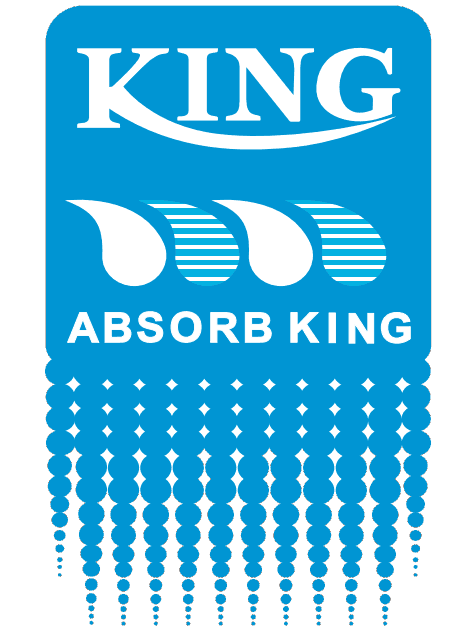The Case of Calcium Chloride Desiccant for Piano
Nov 08,2022 | Bond
In Feb 2016, we received an inquiry from Canada.
Hello there, is there any desiccant suitable for piano?
Why do pianos need to be moisture-proof? Before answering this question, we need to know the construction of a piano, which consists of an outer case, hammers, strings, soundboard, Pin Block, Pedals, etc. About 80% of these piano parts are wood, while others include steel and alloys.

A piano's outer casing is made of wood, such as maple. High-carbon steel or copper is used for the strings. The soundboard, the piano's soul, is made of specially crafted spruce wood. People used ivory and ebony to make the key in the past, and modern piano keys are made of wood and plastic.
So when the piano is exposed to an excessive humidity environment, the following problems may occur: the internal parts of the piano may swell and become stagnant, the glued parts may become unglued, the keys may jam due to humidity, the body, and percussion structure may become deformed due to moisture, the strings may rust, etc.

Our product experts recommend 25g super dry calcium chloride desiccant for him. This desiccant adopts improved packaging and will not leak. When placing the desiccant, you should pay attention to placing it inside the piano and try to be in an airtight space.
Desiccants in the piano need to be replaced every 3-6 months, depending on the size of the piano and the humidity of the environment.
We built a lasting satisfying collaboration from this solution.
If you have similar needs, please get in touch with us, and we will customize the moisture absorber solution to meet your specific requirements.
(Thanks for reading; this article may be redacted to protect customer privacy.)



